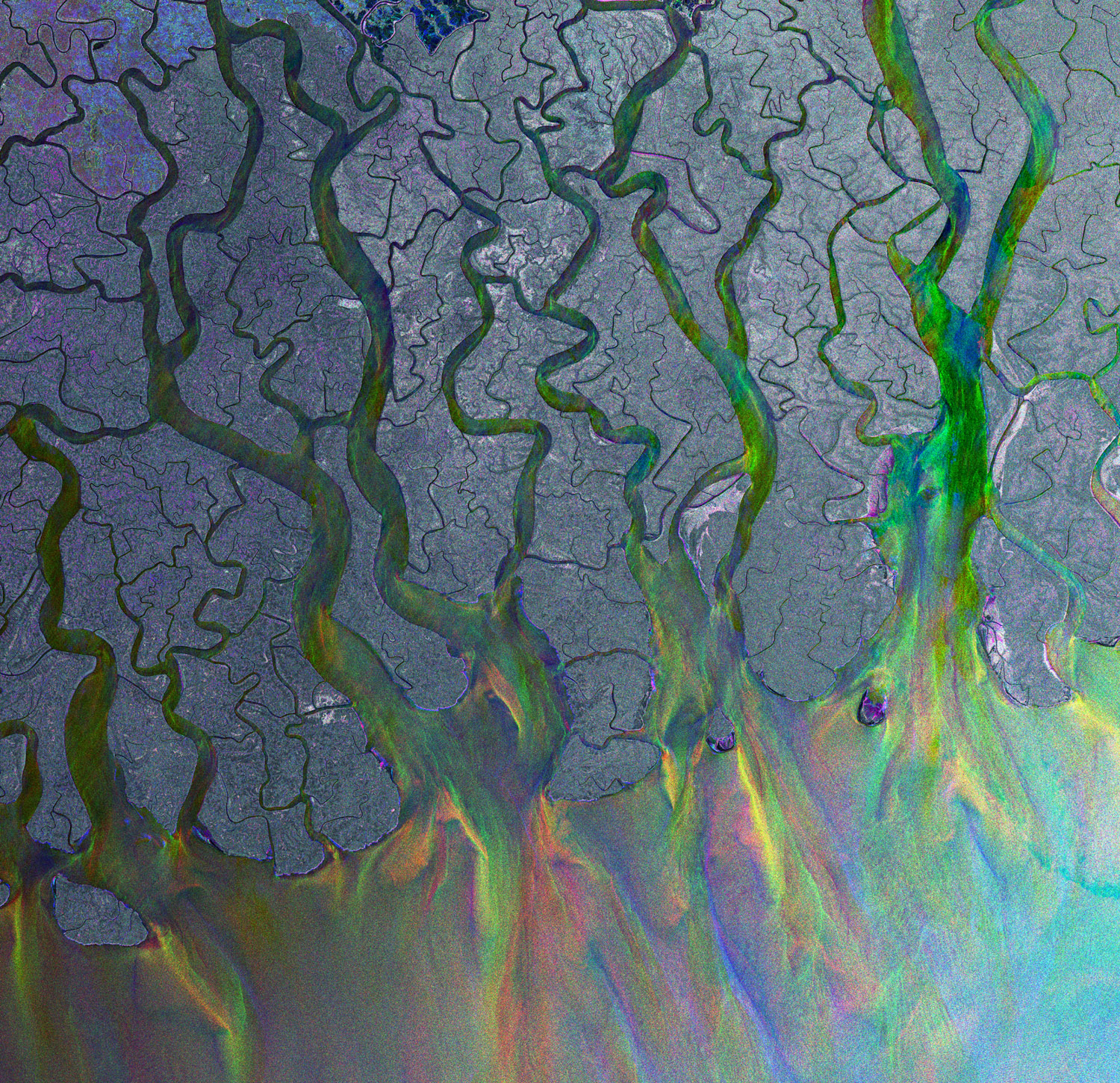The Institute for Contemporary Critical Thought is pleased to invite you to join us for a serial experiment with and around Tanzil Shafique's ongoing writing project, A Thousand Wet-Lands: Southern Thinking against the Gods of Coloniality. From mid-October 2025, we will be publishing segments of this exciting new work monthly, in Interrogations. Two weeks after the publication of each segment, we will meet online to discuss it with Tanzil and elaborate joint explorations of the questions it raises. Please make sure to sign up to our mailing list to receive the invitation to our first and subsequent meetings!
A Thousand Wet-Lands
No, this is not about wetlands. It is rethinking worlds through them. Wetlands appear here not as habitats to be measured, conserved, or lost, but as epistemic terrains: unstable, porous, and unfinished wet grounds from which other ways of living, knowing, and imagining can take root.
Against the dry certainties of maps, borders, and states, wetlands leak and blur. They undo permanence and control. They teach us to dwell with instability, to value entanglement, and to make porosity an ethic of relation.
A Thousand Wet-lands unfolds as a serial flow of fragments—tributaries of thought published through Interrogations. Each monthly flow, 1,500–2,000 words, arrives like a seasonal current: self-standing yet porous, inviting readers to drift, linger, and meander rather than march toward closure. Based on the fluidic narrative, it may feature co-authors in alignment. Moving beyond anglophone centricity, it will feature excerpts in Bangla and other languages, as the Bengal delta, largest in the world, in all its socio-temporal-geographic specificity, acts as the primary situational wet-land from which this series is written.
Part manifesto, part method, part archive of refusal, this ongoing experiment challenges the gods of coloniality—methodological nationalism, individualism, and capitalism—by showing how their walls are always already leaking. In their place, it offers the South’s fluid grounds as laboratories of survival and invention, of modalities of subtraction from an unknowable oneness.
For readers of critical theory, decolonial studies, political ecology, architecture, and beyond, A Thousand Wet-lands is not a finished object but a tidal experiment: to think, publish, and gather otherwise—through seepage, meander, and unfinished worlds.
----
Read the first installment: Rivulet 1 / Let us be wet…
Read the second installment: Wetness against the three gods
Read the third installment: Capitalism as Drainage, Dams and Delusions




